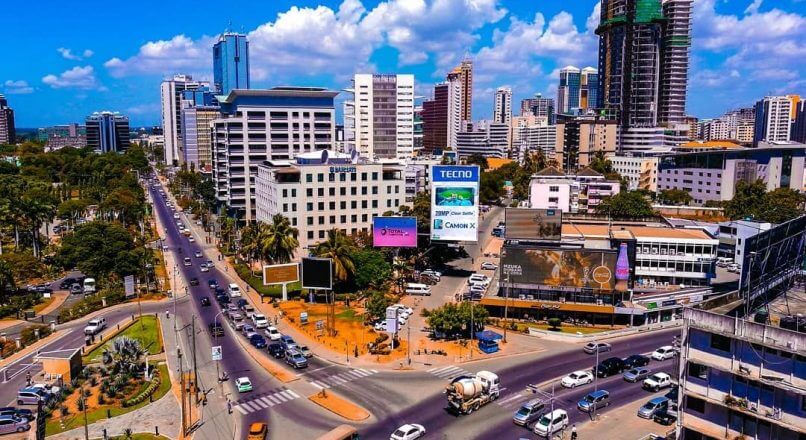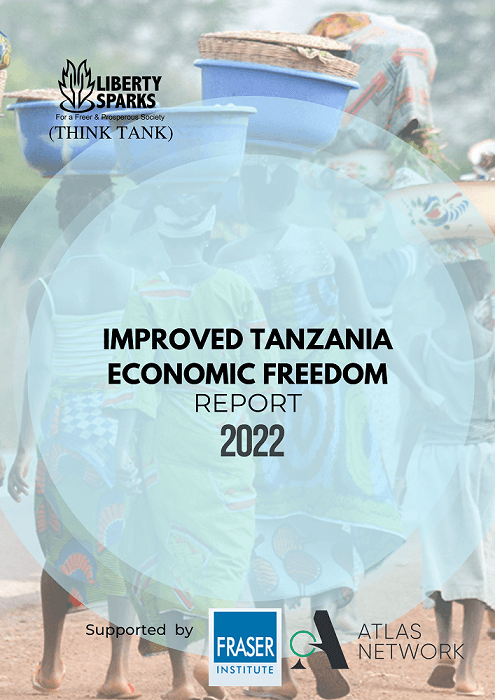The recently released Fraser Institute report (2021), the index published in Economic Freedom of the World has put Tanzania in the third quantile with countries such as Kenya, Rwanda, Zambia, South Africa, Botswana, Nigeria, and Namibia.
It covered four broad areas of economic freedom namely; Legal System and Property Rights, Sound Money, Freedom to Trade Internationally and Regulations.
Insights from the literature have indicated that economic freedom leads to economic growth and wellbeing. However, the findings on the positive relationship between economic freedom and growth and wellbeing are not without exceptions.

In this report, Tanzania was rated 6.75 and ranked 97 out of 165 countries. In Sub-Sahara Africa, Tanzania is ranked eighth out of 47 countries and its overall score is above the Regional average, though it is below the world average.
The report has emphasized that economic freedom has a substantial impact on eliminating poverty and improving the well-being of Tanzanians.
According to the report, Tanzania’s score in sound money has been respectable at over 9.0. Credit provided to the private sector is promising, a reflection of sustained accommodative monetary policy and improving business conditions. Inflation has been stable as indicated by its level and standard deviation.
“Banks and financial institutions are allowed to provide access to foreign currency facilities to residents in respect of all current account payments and this has maintained at a high score through the period 2015-2019 because during the period there was no alteration in Government regulation in respect of ownership and operating foreign currency bank accounts,” the report said.
There has been minimal variation in freedom to trade internationally during the period 2015-2019. This is an indication of stability of government policy on regulations governing international trade.
The report noted that there has been minimal variation in freedom to trade internationally during the period 2015-2019, an indication of stability of government policy on regulations governing international trade.
“The score for revenue from trade taxes declined steadily from 8.82 in 2015 to 7.34 in 2019,” The findings revealed.
Tanzania performed poorly on the management of trade barriers and regulations, with the score being 2.91 in 2019, which was far less than average
Tanzania’s performance on the legal system and property rights however remained relatively the same with the highest being in 2017 at 5.57 and the lowest being 5.3 in 2019.







